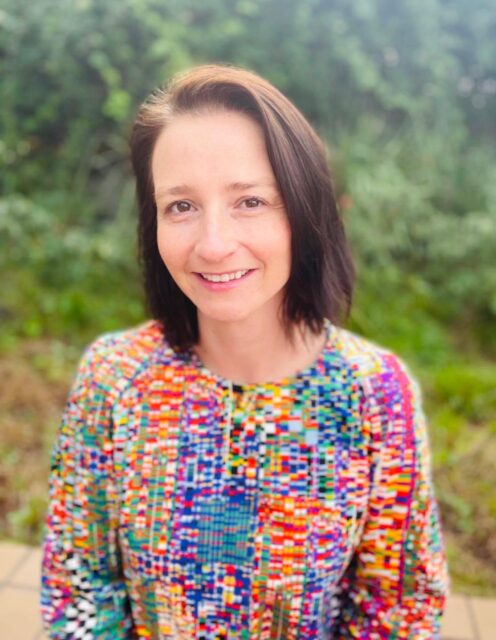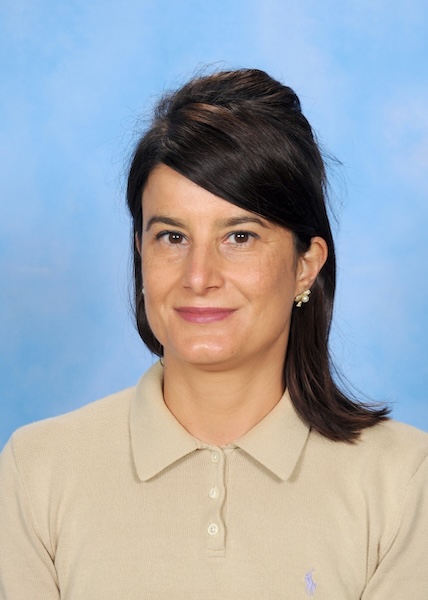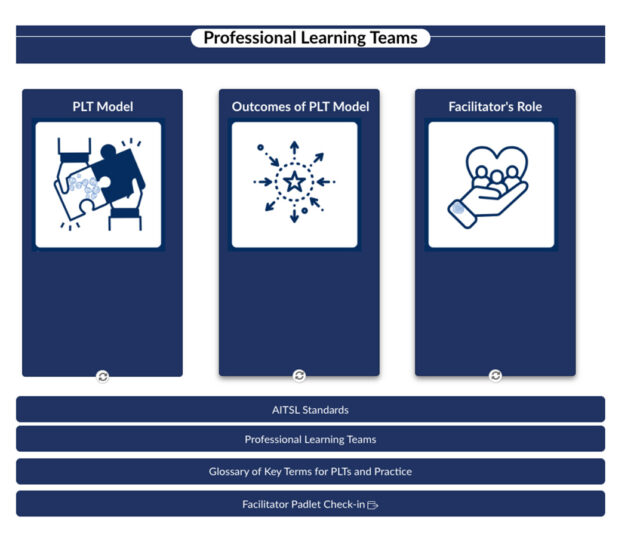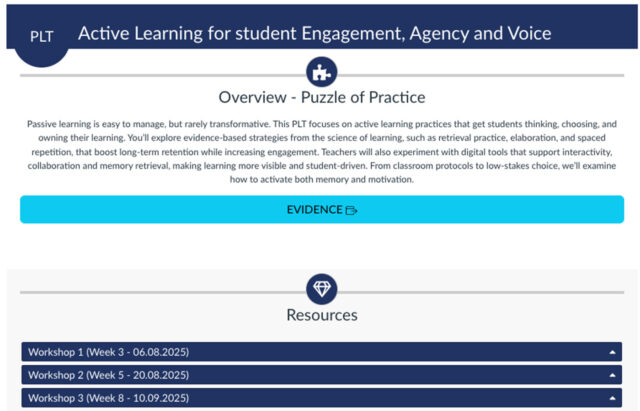Professional Learning Teams Workshop 2
 At MLC School, we believe that professional learning should be relevant, meaningful, practical and joyful. This week, our teachers came together in their newly formed Professional Learning Teams (PLTs) to begin a collaborative journey focused on growth, reflection and shared purpose.
At MLC School, we believe that professional learning should be relevant, meaningful, practical and joyful. This week, our teachers came together in their newly formed Professional Learning Teams (PLTs) to begin a collaborative journey focused on growth, reflection and shared purpose.
We now have nine PLTs, each led by teacher-facilitators and focused on key areas of practice:
- Differentiation
- Deep Learning, Inquiry and Cognitive Stamina
- Early Career Teacher Growth
- Risk and Resilience
- Active Learning – the Science of Learning
- Feedback and Assessment
Teachers explored the concept of collaboration through the lens of 4C Transformative Learning (Anderson & Jefferson), engaging in tableaux creation, a form of embodied cognition that brings abstract ideas to life through physical representation. Embodied cognition is powerful because it allows us to connect thinking, feeling, and doing in meaningful ways.
Based on this definition of collaboration, each team co-created a Code of Collaboration, identifying shared values and the behaviours that help those values thrive in diverse teams. They also chose a single word to represent the impact they hope this process will have on their professional growth. This was important to hear because it revealed what truly matters to our teachers.
The heart of the session was the Puzzle of Practice routine, a structured reflection designed to help teachers unpack a specific challenge in their teaching. A puzzle of practice is a question or tension that invites curiosity, reflection, and collaborative problem-solving. Teachers worked through the following steps:
Clarify the Puzzle
- What are the key words, and do we share the same understanding?
- What is the core challenge we’re noticing?
- Why is this puzzle important for our learners right now?
- What assumptions might be embedded?
Connect to Evidence
- Are there examples where this challenge is being addressed successfully?
- Where do we see evidence of this issue or pattern in our classrooms?
Explore Beliefs and Practice
- How might our current practices be reinforcing the challenge?
- What messages do our routines, language, or interactions send to students, intentionally or unintentionally?
- How do we model the values or behaviours we want students to adopt?
To close the session, teachers completed an Exit Ticket, reflecting on the relevance and practicality of the workshop. The feedback was extremely positive as teachers felt connected, inspired and ready to apply what they’d learned in their classrooms.
A dedicated Canvas course with workshop session learning design, provides teachers with evidence-informed illustrations of practice that they can apply in their classrooms.
We are proud of the collaborative spirit and professional curiosity our staff bring to their work every day. These PLT sessions are just one way we continue to grow together for the benefit of every student at MLC School.
 Spotlight on Professional Practice – Erika Pieri, Teacher – Languages
Spotlight on Professional Practice – Erika Pieri, Teacher – Languages
At MLC School, we are proud to celebrate the thoughtful, research-informed teaching practices that bring learning to life. This week, Erika Pieri’s work in Year 11 Italian IB and Year 7 French classes offered a powerful example of how active learning, formative assessment and embodied cognition can create joyful and meaningful classroom experiences.
In Year 11 IB, students were welcomed with a vocabulary activation task the moment they entered the room which is an approach that immediately engaged their thinking and set a purposeful tone. Activating prior knowledge in this way is shown to enhance retention and deepen understanding by connecting new content to existing cognitive frameworks.
Students then engaged in a three-round listening activity, where they were encouraged to ‘make mistakes’ and reflect on their progress. This strategy aligns with contemporary research on formative assessment, which highlights the value of iterative feedback and self-correction in building motivation and self-regulation. The classroom culture was warm and supportive, with Erika’s strong relationships evident in every interaction and the Chicken Headband (class mascot) made an appearance, adding humour to the learning space!
In Year 7 French, Erika created a vibrant, inclusive environment where students learned through active, collaborative tasks. The use of a scaffolded survey helped all learners (myself included!) engage confidently in peer dialogue. This approach reflects the principles of embodied cognition, which suggest that learning is enhanced when the brain, body, and environment interact through movement, gesture, and shared space.
These practices are not just engaging, they’re grounded in research that shows how emotion, agency and relevance are key drivers of deep learning. Erika’s classroom is a place where students feel safe to take risks, reflect on their progress and grow together.
We celebrate Erika’s creativity, care, and commitment to meaningful learning. Her work is a reminder that when teaching is joyful, purposeful and responsive, the impact is felt far beyond the classroom.
– Amy Murphy
Director of Professional Practice




